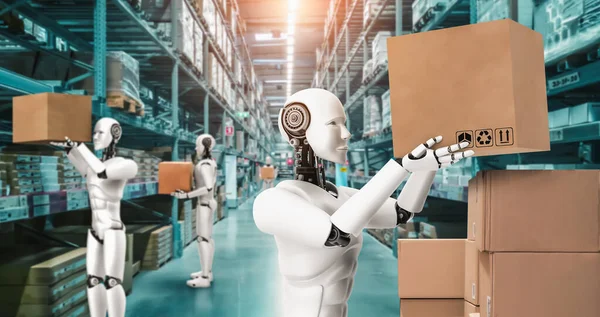
It’s not laziness it’s a systemic issue. That’s the bitter reality behind “youngism,” a new era of ageism that’s quietly reshaping professional destinies of Gen Z workers, and it’s colliding with the age of AI in potentially defining the next decade of work.

1. How ‘Youngism’ Was Born
Leadership expert Jennifer Moss calls youngism “the set of stereotypes and practices that discount younger workers as unreliable, lazy and disloyal,” and warns its economic impacts are “startling.” Surveys back her up: the Chartered Institute of Personnel and Development found 52% of employers believe young people aren’t job-ready, while UK Youth reports 93% of young workers have faced negative treatment because of their age. This bias often shows up in subtle ways dismissive remarks, questioning of decisions, or outright rejection due to age.

2. Financial Pressures and Late Milestones
Early adulthood in the age of social media and smartphones comes with accelerated expenses, turbulent entry roles, and delayed milestones. Stagnant pay and skyrocketing home prices translate to many Gen Z workers being unable to achieve mainstream financial benchmarks such as homeownership. In Deloitte’s 2025 survey, 48% of Gen Zs lack financial security, and over half exist paycheck to paycheck. Side gigs are widespread 57% have one but they can also add stress.

3. Inconsistent Effect of AI on Entry-Level Positions
AI’s influence is not everywhere. A Stanford Digital Economy Lab report finds that employment among 22-to-25-year-old workers in the most-exposed-to-AI jobs dropped by 13% since the end of 2022, while older workers in corresponding jobs have had stable or rising employment. Most steep falls occur in those jobs where AI substitutes instead of complements tasks. In sharp contrast, those with substitutive uses of AI have avoided such losses.

4. The Disappearing First Rung
Entry-level positions are evaporating as job listings now insist on three to five years of experience. This’s not only in technology finance, insurance, marketing, and customer service are also eliminating junior roles. Internships, historically a predictable on-ramp, are no longer turning as many participants into full-time positions, with the most recent year’s offer rate falling to 62%, the lowest in more than five years.

5. Building Resilience to Workplace Stereotypes
Experts suggest skill stacking aligning technical knowledge with soft qualities such as empathy, leadership, and adaptability. Voluntarily taking on side projects, documenting them, and seeking mentors helps young professionals establish credibility. A Gartner research established that diverse settings enhance performance by 12% and retention intent by 20%, thereby age-diverse teams being a win-win situation.

6. Industries Resistant to AI Disruption
Certain areas are less vulnerable to automation. In a Zety survey, 53% of Gen Z employees expressed concern about skilled trades including construction, plumbing, and electrical work, which are less likely to see AI influences. Almost half are looking at person-centered careers like health care, social work, and teaching careers where human judgment and compassion cannot be substituted.

7. Employers’ Tactics to Accommodate Gen Z
Organizations have options to respond to youngism on small budgets. Advertising true entry opportunities with modest expectations, creating apprenticeships in non-traditional fields, and providing wraparounds such as transportation allowances and mental health supports make it possible for early-career professionals to survive. Culture matters: openness and consideration of younger cohorts as assets, not risks, correlates with faster adoption of tools and lower turnover.

8. Navigating AI Without Losing Human Value
Business professionals, such as in the case of Susan Taylor Martin at BSI, suggest that “in our quest to get more productive and efficient, we shouldn’t lose focus on the point that it’s all about propelling development through people in the end.” Smart businesses combine AI with human oversight so that new entrants remain “in the room” to learn the systems, exceptions in the process, and to maintain customer confidence.

9. The Mentorship Multiplier
Mentoring is a tried-and-true career accelerator among Gen Z professionals. Formal mentorship fills the gap between textbook learning and real-world experience, even in those offices where the beginning tasks get outsourced to automation. Constant feedback, exposure to the process of decision-making, and involvement in problem-solving produce the tacit knowledge that cannot be substituted by AI.
By merging the progression of capabilities, prudent strategies of careers, and procuring favorable contexts, Gen Z professionals shall oppose youngism and thrive even in a job market transformed by automation.


